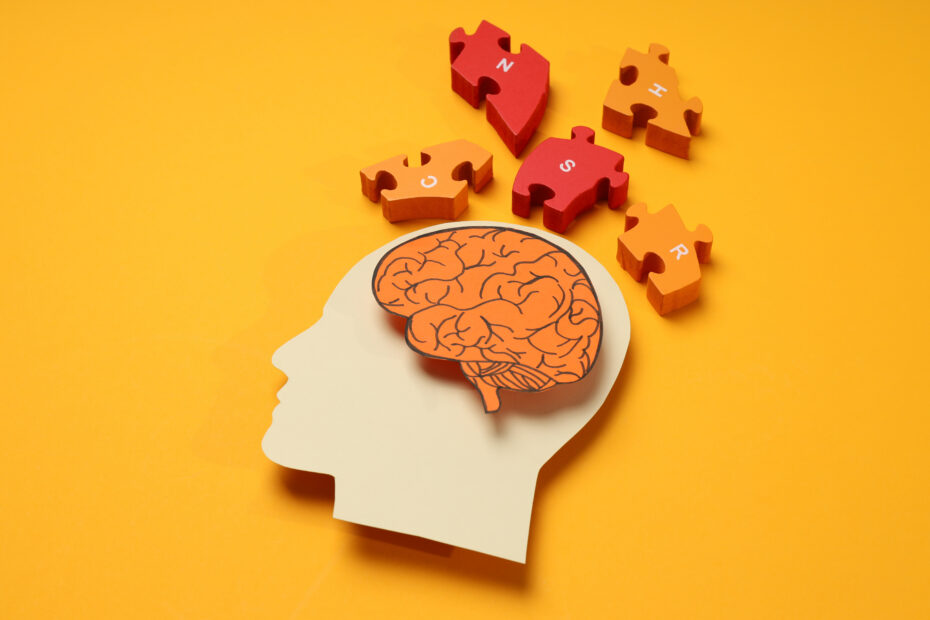The holiday season, with its festivities and celebrations, can paradoxically be a period of heightened anxiety and depression for many. Dr. Leigh Richardson, a respected expert in brain health, emphasizes the importance of taking proactive steps to manage these conditions and safeguard mental well-being during these times. This blog delves into understanding the unique challenges posed by the holiday season and offers practical advice for maintaining brain health.
Understanding Holiday Blues
The “holiday blues” can stem from numerous sources: the pressure of social engagements, the expectations of joyfulness, financial burdens, and the memories of lost loved ones. For individuals already managing anxiety and depression, these stressors can exacerbate symptoms. Recognizing the potential triggers unique to the holiday season is the first step in crafting a strategy to navigate them.
Strategies for Managing Anxiety and Depression
Maintain Routine
The holiday chaos can disrupt daily routines, a cornerstone of managing anxiety and depression. Dr. Richardson advises striving to maintain regular sleep, eating, and exercise habits to provide a sense of normalcy and stability.
Set Realistic Expectations
There’s often a societal pressure to experience the perfect holiday season. Setting realistic expectations for gatherings, gifts, and personal feelings can alleviate the disappointment or stress that comes from unmet ideals.
Practice Mindfulness and Relaxation Techniques
Mindfulness can anchor individuals in the present, reducing worries about the future and ruminations on the past. Techniques such as deep breathing, meditation, or yoga can be especially beneficial in managing stress levels during the holidays.
Prioritize Social Connections
While it may be tempting to withdraw, connecting with supportive friends and family can provide a vital emotional lifeline. Even small, meaningful interactions can offer significant relief from feelings of isolation or loneliness.
Limit Alcohol Consumption
Alcohol, while often a staple of holiday celebrations, can worsen symptoms of anxiety and depression. Dr. Richardson recommends moderation or opting for non-alcoholic beverages to avoid its depressant effects.
Seek Professional Support
For some, professional support may be necessary to navigate the holiday season. Therapists can offer strategies tailored to individual needs, and it’s important to continue any prescribed medications as directed.
Focusing on Brain Health
Beyond managing immediate symptoms of anxiety and depression, the holiday season also presents an opportunity to invest in long-term brain health.
Nutritious Eating
Opt for foods rich in omega-3 fatty acids, antioxidants, and vitamins to support brain function. While indulging in holiday treats, balance them with nutrient-dense options.
Physical Activity
Regular physical activity can boost mood and reduce anxiety. A brisk walk in the crisp winter air or a dance session to festive music can be both joyful and beneficial for brain health.
Adequate Rest
The hustle of the holiday season can impede restorative sleep. Prioritizing sleep is crucial for mental health, helping to regulate mood and improve cognitive function.
Conclusion
The holiday season, despite its cheer, can be a challenging time for those dealing with anxiety and depression. Dr. Leigh Richardson’s insights remind us that taking care of our brain health is paramount during this period. By adopting mindful practices, maintaining healthful habits, and seeking support when needed, we can navigate the holidays with grace and emerge with our well-being intact. Remember, it’s okay to prioritize your health and step back when needed—doing so is not a sign of weakness but a testament to your strength and self-awareness.
